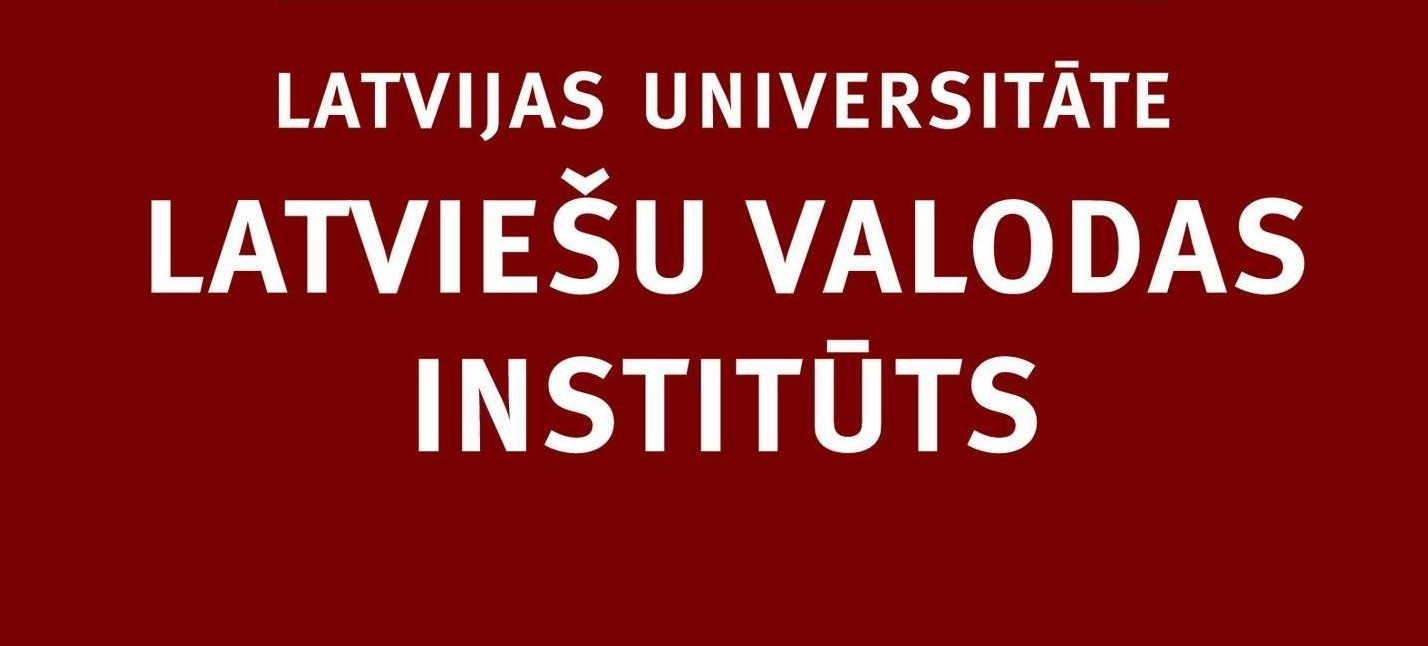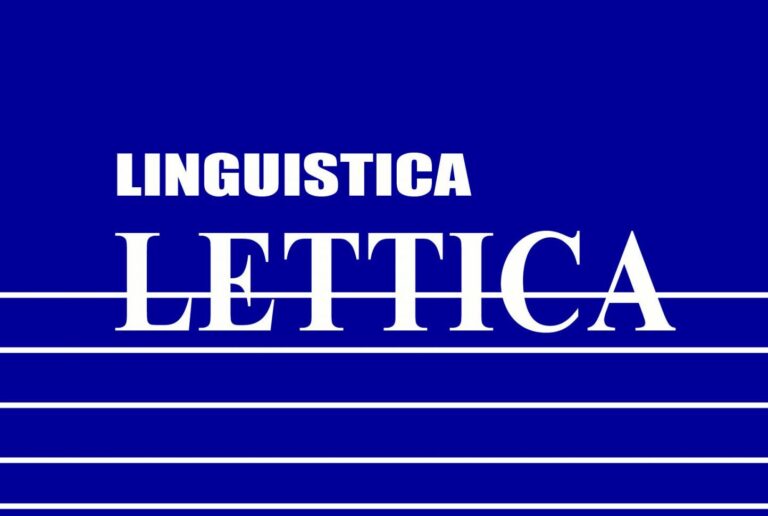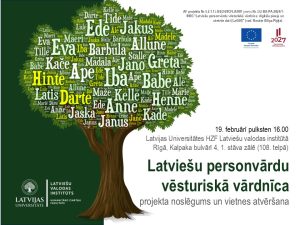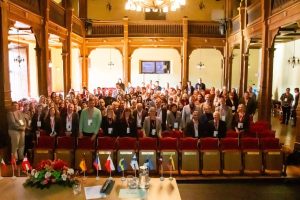This year the editorial board of the scientific journal Linguistica Lettica of the Latvian Language Institute starts a new tradition, that is, creates each issue of the journal specifically around certain topic, theory, or method, which can be viewed from a disciplinary (linguistics) and interdisciplinary point of view, thus expanding our understanding of certain things and developing new scientific perspectives in Latvia.
The topic of the 29th issue of Linguistica Lettica (2021) is “Make a promise, listen to someone, or name someone/something”.
1 Context: What does “give a word” mean?
In Latvian, “give a word” has three meanings:
to promise,
to allow/grant the right to speak and to express one’s thoughts,
to name someone/something (e.g., to choose a personal name for a newborn or a name for a homestead, to create a name for a company or a district).
2 Research potential of the phrase
The first meaning of “give a word” can be seen in such Latvian idioms as “A promise does not fall into the wallet” and “To promise the Golden Mountains.” They show that the promises cannot always be believed and that many unachievable things unrealistically can be promised. Logically, questions arise: Who are those promisers in Latvian folklore, literature, art, science, and modern society? How are promises formulated, expressed, monitored, and fulfilled? To whom are the promises addressed? How do people and imaginary characters perceive and evaluate promises in different times and situations?
The second meaning of the phrase is important in the context of power. What circumstances and factors determine that someone is/is not given the opportunity to speak — to share his/her experience, views, and opinions? What does the opportunity to express oneself tell us about different communication situations (e.g., family, circle of friends, lesson, workshop, TV show, radio interview), relationships (e.g., private, intergroup, work team, or power), good communication management practices, and respect for democratic principles in practice?
At the international scientific conference commemorating the 148th birthday of the academic Jānis Endzelīns in 2021, special attention was paid to the third meaning of the phrase, namely, the tradition of naming from an onomastic, dialectological, and historical point of view. The online conference analyzed traditional and less common onyms (e.g., anthroponyms, toponyms, and ecclesionyms), terminology issues, and the theoretical aspects of naming. However, naming can be viewed in a broader context, including topics on clichés in the titles of print and digital publications; eye-catching language in titles of scientific reports, public lectures, or workshops; creative product and service names in advertising; and issues regarding foreign name transliteration into Latvian.
3 Call for submitting papers to issue 29 of the journal “Linguistica Lettica”
The editorial board of Linguistica Lettica invites authors from a variety of disciplines to submit papers on the semantic potential of the phrase by disciplinary/interdisciplinary discussion of one of the issues below or by proposing another topic relevant to the thematic scope of the journal.
How to linguistically analyze different types of promises (e.g., marriage promises, oaths, advertisements, and political commitments) in interpersonal, intergroup, mass, and virtual media communication, literature, theater, music, and cinema? What do the results of such research reveal about language functions, certain eras, people’s values, habits, and communication?
Who (e.g., field experts, passers-by, organizations, companies, media, and social groups) is most often given a name in Latvian public communication — namely, an opportunity to express their opinion on an issue of individual or social importance? How is this opportunity utilized? On the other hand, whose opinions are not listened to, silenced, or censored in certain areas of life (e.g., politics, education, culture, economics, and media)? Which means of communication and language are used to give or take the floor? What are the linguistic causes of wide discussion/disagreement in society?
How is the global development of IT, economy, and science (e.g., new technological solutions, products, companies, and newly discovered species) reflected in names, and how are such developments influencing Latvian naming traditions? What strategies, techniques, and linguistic and semiotic tools are most used? How are they related to language and cultural processes in Latvia, the Baltic States, and the world? What do the different names reveal about people’s individual/collective identities, knowledge, habits, and attitudes? Why is something being renamed? What psychological, linguistic, economic, and political factors influence renaming? How does the renaming process occur? What is the effect of renaming on the perception of the named things/processes/places in the short or long term? How is the phenomenon of renaming studied in linguistics, and what has not yet been sufficiently discussed?
4 Terms and conditions for submitting papers to “Linguistica Lettica”
The deadline for the submission of scientific papers is September 20, 2021. Papers in Latvian, English, Russian, German, or Lithuanian (with the reference “Article for Linguistica Lettica”) must be submitted electronically by sending an e-mail to linguisticalettica@gmail.com.
Author guidelines are available on the website of the Institute of the Latvian Language of the University of Latvia.
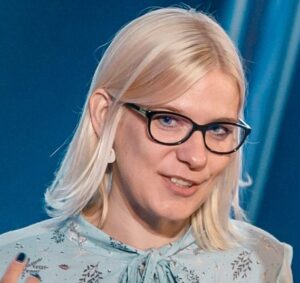
Solvita Berra
Senior Researcher, Latvian Language Institute of the University of Latvia


